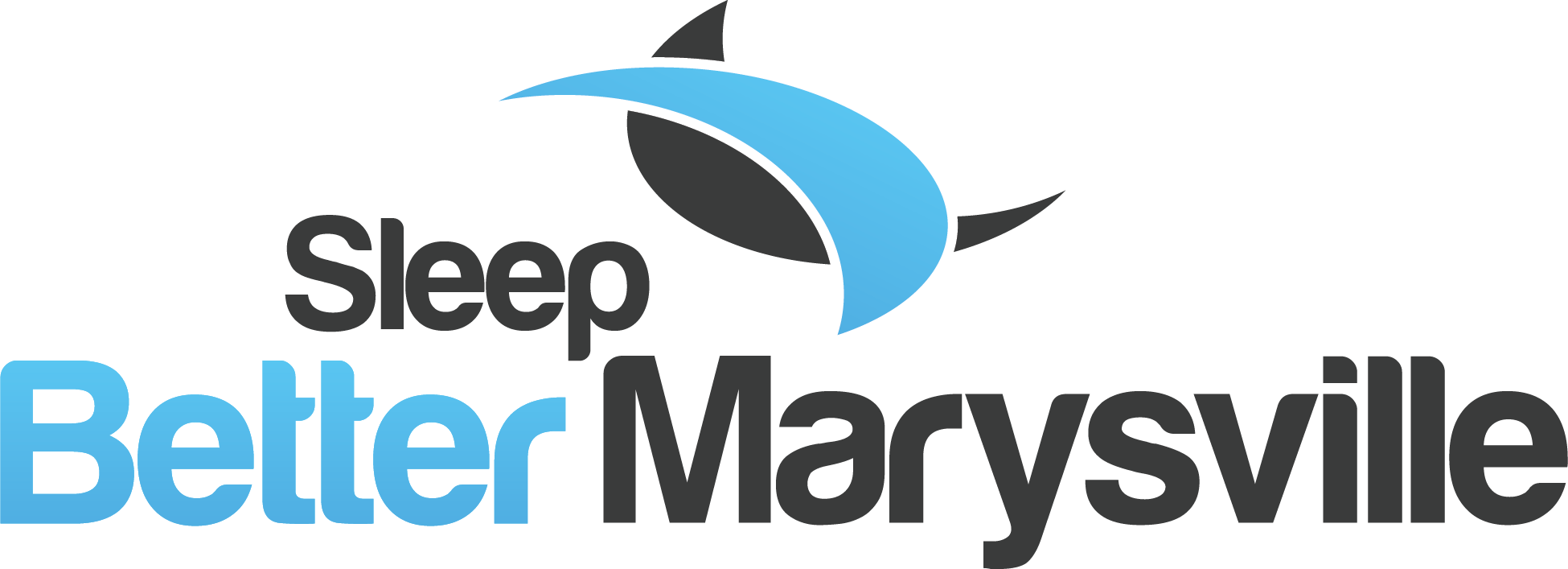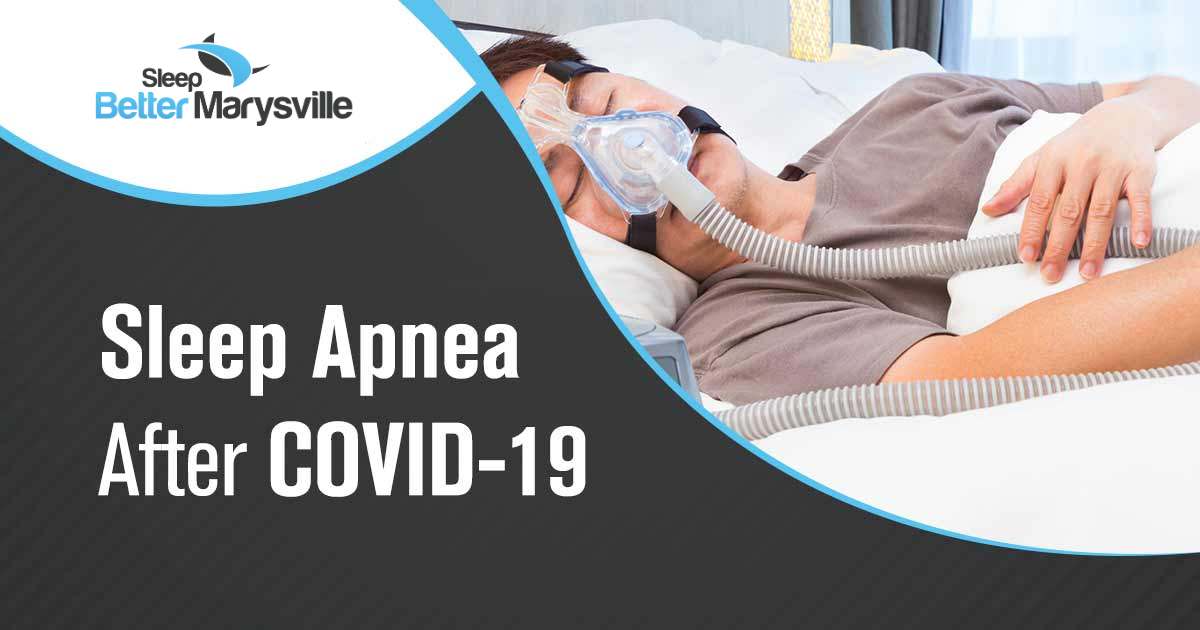Study Finds People May Have Obstructive Sleep Apnea After Covid-19
After having COVID-19, many people have been experiencing symptoms like intense fatigue, shortness of breath, daytime sleepiness, memory and concentration problems, and brain fog. Recent studies have found these symptoms may be because of reduced sleep efficiency and undiagnosed obstructive sleep apnea.
Some people who have had COVID continue to experience these symptoms, sometimes with chronic pain and chest pain, for weeks, months, or years after they had a SARS-CoV-2 infection. The CDC labels health consequences present four or more weeks after a COVID-19 infection as Post-COVID Conditions (PCC), which many people refer to as Long Covid.
Long Covid and Sleep Apnea
Long COVID is a condition where symptoms surface and linger for weeks, months, or even years after someone has recovered from Covid-19. More than 40% of people who have Long Covid have reported sleep issues like insomnia, chronic fatigue, daytime drowsiness, waking up multiple times during the night, and not feeling refreshed when they wake up in the morning. These symptoms and others, such as chronic pain, chest pain, and intense fatigue, can become debilitating, and severe cases of Long Covid can even affect your organs.
What is Obstructive Sleep Apnea?
Obstructive sleep apnea (OSA) occurs when an individual’s breathing is repeatedly interrupted during sleep due to blockage of the airways, often caused by the back of the tongue. This can happen up to 80 to 120 times per hour, with each episode potentially lasting a perilously long duration. With each cessation of breathing, there’s an increase in heart rate and blood pressure, along with a critical drop in the body’s oxygen levels.
The Relationship Between Covid-19 (Coronavirus) and Sleep Apnea
Obstructive sleep apnea (OSA) and COVID affect many of the same systems in your body. With many overlapping health issues linked to COVID-19 and sleep apnea, many researchers are working to understand the relationship between these two conditions fully.
Both sleep apnea and COVID-19 can cause hypoxemia, a condition when there is too little oxygen in your blood. Sleep apnea causes this by the large number of repeated reductions in breathing during sleep, and COVID hinders your breathing through its effects on a person’s lungs and respiratory tract.
COVID-19 and untreated obstructive sleep apnea (OSA) both affect the cardiovascular system negatively. When OSA isn’t treated, it increases the risk of cardiovascular problems like strokes and high blood pressure, and patients with COVID have similar disrupted cardiovascular functions.
Both OSA and COVID-19 are health conditions that can often affect the quality of your sleep. The frequent nighttime awakenings caused by OSA interfere with sleep, and studies have found similar sleep interferences in people with COVID, which could be caused by the disease’s wide range of symptoms.
Treating OSA After Covid-19
Addressing obstructive sleep apnea (OSA) post-COVID can lower your risk of various health problems, including heart-related conditions. Your treatment strategy might involve lifestyle modifications like regular and increased physical exercise, weight reduction if necessary, and steering clear of alcohol and sedative drugs before sleep. Non-invasive treatment methods that could be included in your plan encompass the use of oral appliances, nasal resistors, exercises for the oropharynx, positional therapy, and continuous positive airway pressure (CPAP) machines.
Compliance with your sleep apnea treatment plan is essential to effectively manage obstructive sleep apnea (OSA) and its symptoms and improve your health. Many people are concerned they will struggle to be compliant if they have to use CPAP therapy, and their symptoms won’t improve. For those diagnosed with mild or moderate sleep apnea, oral appliances that are registered with the FDA offer an effective treatment choice. These appliances are often found to be comfortable and minimally invasive. A dentist skilled in dental sleep medicine will be able to select the most suitable oral appliance for your needs.
What Should I Do If I Think I Have Sleep Apnea After Covid?
If you think you have sleep apnea after COVID-19 or with Long Covid, you should talk with a sleep apnea specialist. A sleep apnea specialist is a doctor who helps you with sleep-related issues and diagnoses and treats sleep disorders. Sleep apnea specialists often have different backgrounds but have received extra training in sleep medicine or dental sleep medicine.
Consulting with a doctor is especially important since untreated OSA creates short-term and long-term health issues that can degrade a person’s quality of life. In some cases, untreated obstructive sleep apnea may potentially incapacitate affected individuals.
Sleep Better Marysville Can Help You with Your Post-Covid Sleep Apnea
Sleep apnea is a severe condition, and Dr. Levy with Sleep Better Marysville can help you effectively treat your post-covid sleep apnea. Reach out to us today for a sleep apnea consultation.
Book an appointment online or call Sleep Better Marysville at (614) 777-7350.

